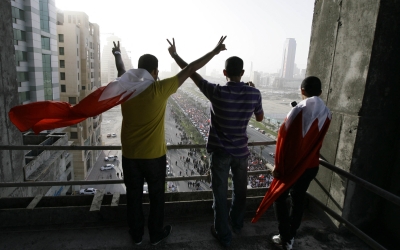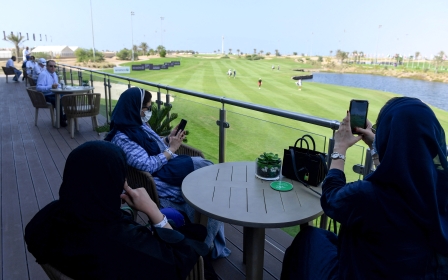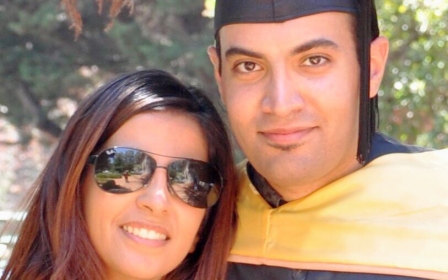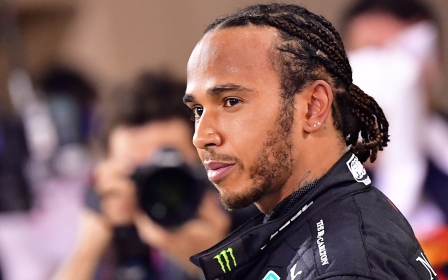British royals met with autocratic Arab monarchs 'over 200 times' since 2011
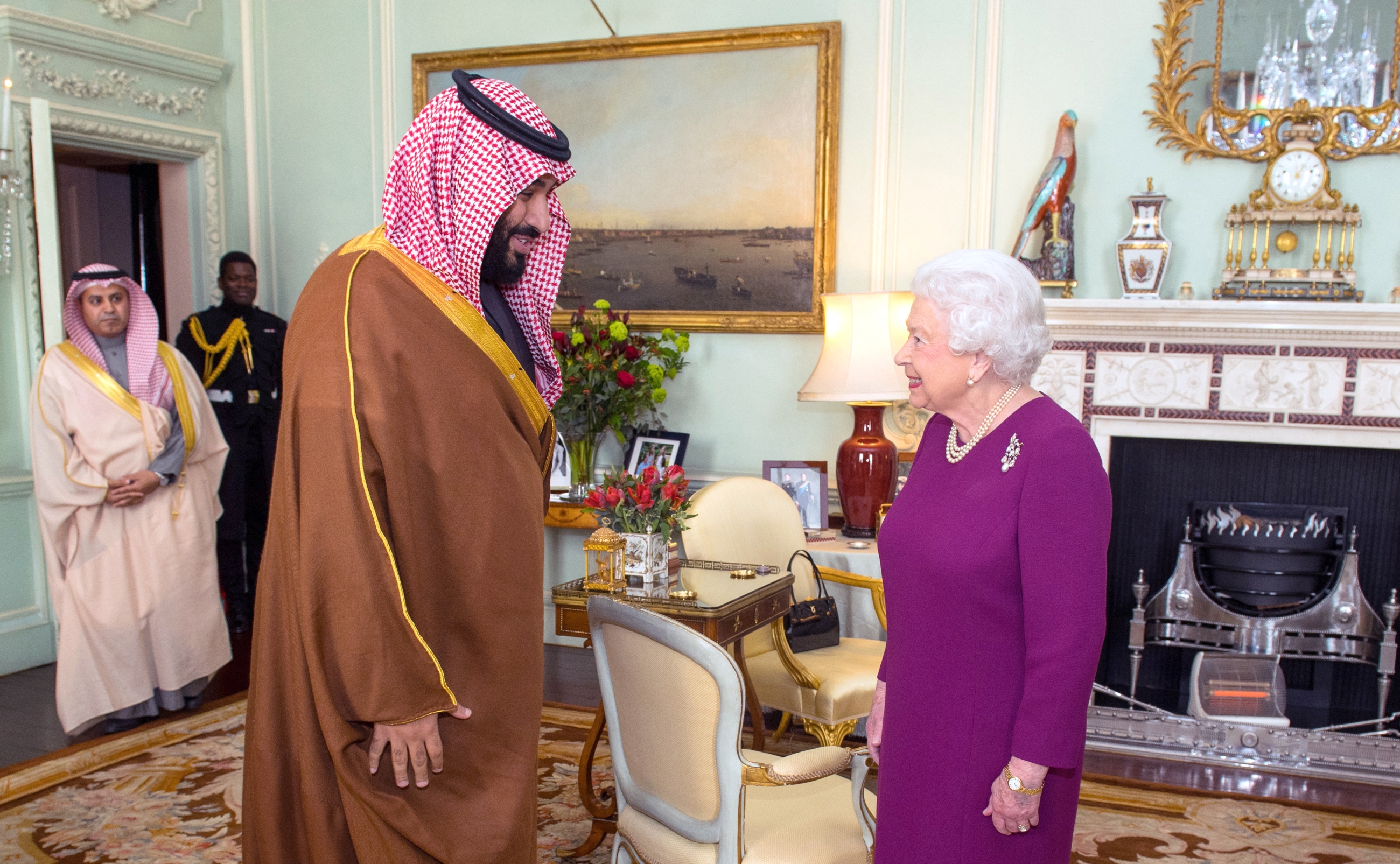
Members of Britain’s royal family have met with autocratic Middle East monarchies over 200 times since the suppression of the Arab Spring began a decade ago, a report has revealed.
New research by the website Declassified UK shows that there have been almost one encounter a fortnight over the last 10 years.
The Bahraini royal family has had the greatest number of meetings, according to the news website, followed by the House of Saud.
All official meetings are undertaken at the request of the British government, and often overlap with ministerial engagements.
Mutual interests such as horse racing are used to enhance bilateral relations, the website concluded.
However, some of the meetings have been with individuals accused of serious human rights abuses.
The king of Bahrain’s son, Nasser bin Hamad Al Khalifa, for example, who has been accused of involvement in the torture of pro-democracy activists, has met members of the British royal family up to seven times, including at one of their homes, Windsor Castle.
Declassified UK says it has identified six occasions in which pro-democracy activists in the Middle East or their relatives have been punished after speaking out against the British royal family’s support for autocratic monarchies.
The Omani activist Khalfan Al-Badawi, for example, has written about the way in which he was detained and tortured after satirising the decision of the late Sultan Qaboos bin Said to airlift horses to London for Queen Elizabeth II’s diamond jubilee celebrations in 2012.
Improving relations
The report is the first of a week-long series of articles that Declassified UK is planning to publish, highlighting the British royal family’s activities in the Middle East.
The website calculates that the UK taxpayer has spent at least £1.4m on royal tours of the Middle East since 2011.
The true figure is likely to be higher, it notes, as records only disclose trips that cost more than £10,000.
However, Prince Charles’ overnight visit to Oman following the death of Qaboos cost £210,000.
'With the arrest cases and fraud investigation largely behind them, HMG [Her Majesty’s Government] is trying hard to improve relations with Saudi Arabia'
- US diplomatic cable made public by WikiLeaks
The details of what is said during these meetings are not disclosed: the British royal family’s archives remain secret and many government files about the visit are withheld from the country’s national archives.
US diplomatic cables made public by WikiLeaks underlined the importance of royal links as tools of UK and Middle Eastern foreign policy.
One cable from 2006 noted that a visit to Riyadh by Prince Charles in March that year, and a follow-up visit by then foreign secretary Jack Straw, had helped ease tensions created by the imprisonment and torture of five British citizens between 2001 and 2003, and criminal investigations in the UK into British Aerospace weapons sales to Saudi Arabia.
During the first visit, the cable said, “members of the two royal families spoke at length about their respective family members and traditions allowing the House of Saud and the House of Windsor [to] build upon their royal commonality.
“With the arrest cases and fraud investigation largely behind them, HMG [Her Majesty’s Government] is trying hard to improve relations with Saudi Arabia.
“At stake is the renewal of the al-Yamamah project to which British Aerospace’s fortunes in the kingdom are largely tied”.
Middle East Eye delivers independent and unrivalled coverage and analysis of the Middle East, North Africa and beyond. To learn more about republishing this content and the associated fees, please fill out this form. More about MEE can be found here.


